China and Russia are developing capabilities to counter and surpass the air power of the Western alliance, a British defence official warned.
“Thirty years ago, the UK and its Western allies appeared unchallenged in the air domain,” Jeremy Quin, Britain’s minister for defence procurement, on March 24 in reference to the first Gulf War in 1991.
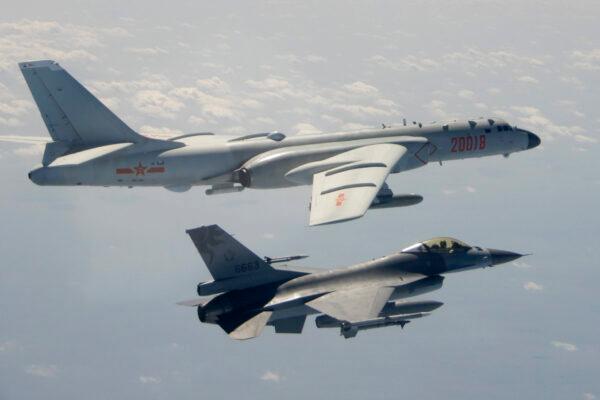
Quin said that, since the 1991 Gulf War, “the likes of Russia and China have studied our strengths in the air and begun developing the capabilities to not only counter but surpass us.”
“We’ve seen China build multiple highly effective systems that challenge Western warfighting. Producing J-20 fifth-generation fighters, Y-20 heavy transport aircraft, armed stealth UAVs [unmanned aerial vehicles], not to mention the world’s most modern surface-to-air missiles,” he said.
Both China and Russia are now exporting advanced air technologies to many North African, Middle Eastern, and Asian countries, he said.
He predicted that, by 2040, Western air forces will be confronted by adversaries armed with high-end artificial intelligence-assisted precision weapon systems and “a range of surface-to-air and hypersonic missiles that have greater manoeuvrability, greater lethality, and a greater range than ever before.”
“If we fail to outmatch these targets, and they continue at this pace, we could find ourselves locked out of the skies,” he said.
“We have to preserve our freedom to protect ourselves and cannot accept large parts of the world becoming potentially out of bounds.”
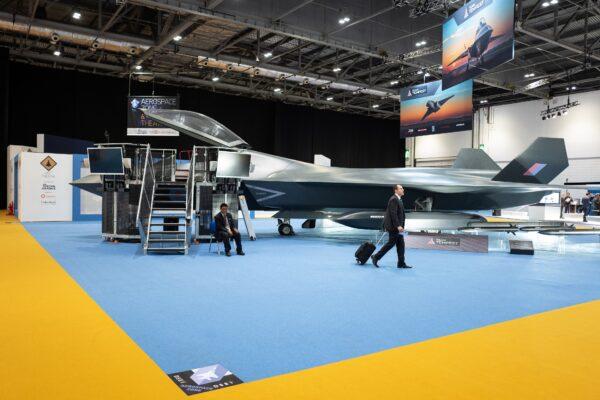
Quin said the UK needs “highly capable systems” to counter these “highly capable threats.”
He said the UK government will invest more than £2 billion ($2.74 billion) to develop and deliver the Tempest fighter jet in collaboration with Sweden, Italy, and potentially Japan.
A prototype for an uncrewed fighter aircraft, known as Mosquito, is also being developed.
According to the International Institute of Strategic Studies (IISS), another London-based think tank, China’s air force has continued to integrate more advanced systems.
China continues to develop hypersonic missile systems, and is likely developing a replacement bomber with “a low-observable design,” the report said.
“At the same time, the air force is fielding more J-10C Firebird, J-16, and J-20 combat aircraft while increased numbers of Y-20 heavy transports mean that the air force has effectively doubled its heavy transport fleet in the last four years.”
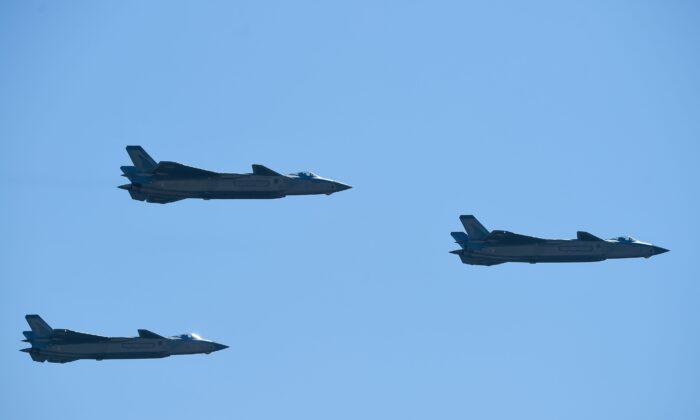

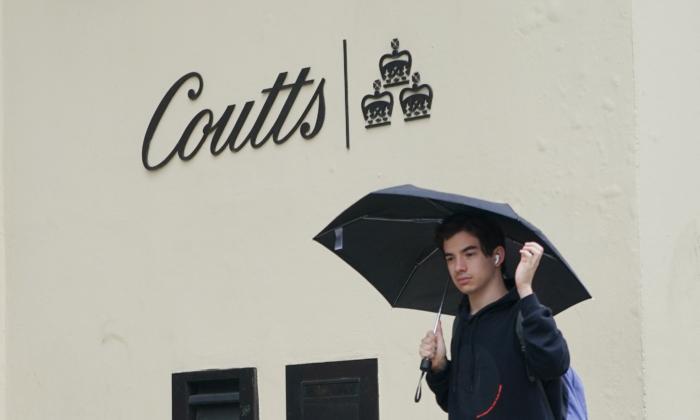
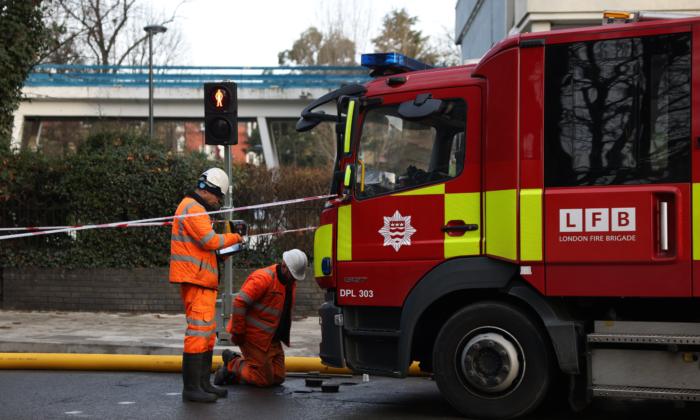


Friends Read Free